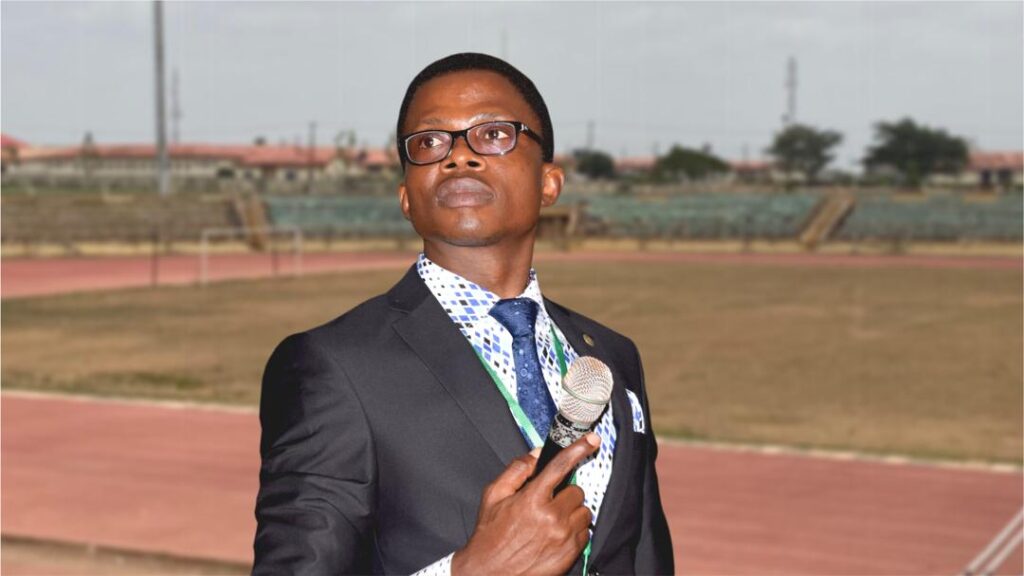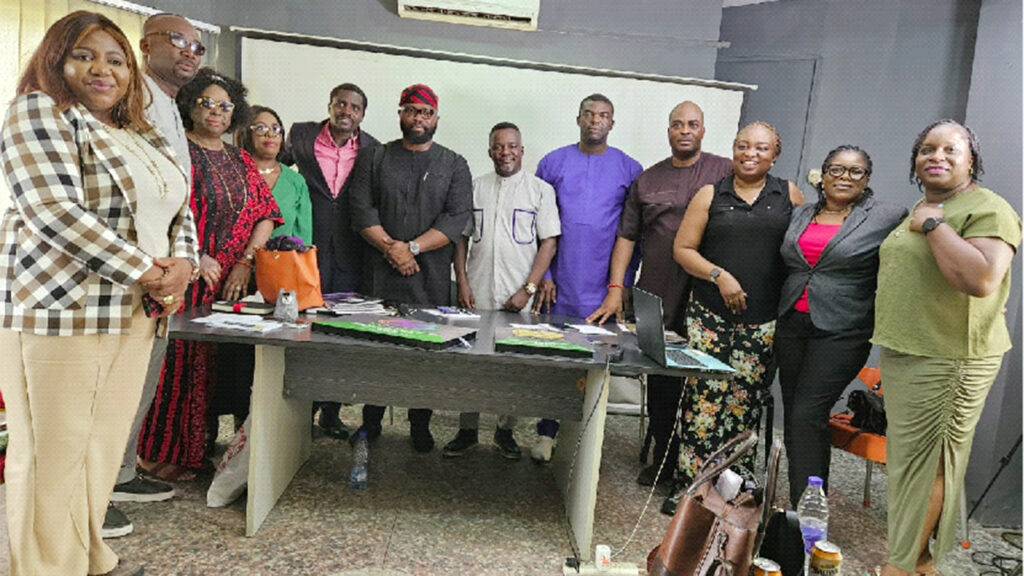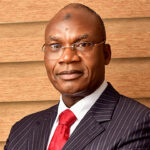
Over the years, journalists and media workers in Africa have been victims of harassment, torture, intimidation, battery and threat to life while some have even been murdered in the course of discharging their professional duties. The inability to address these challenges in Africa has led to continued impunity on crimes committed against journalists and other media workers.
At a virtual conference last Friday, the speakers described the initiative as a milestone in the fight against increased attacks on journalists and other media workers.
The platform is expected to promote partnerships, prevention, protection and prosecution of perpetrators of crimes against journalists in Africa while upholding the principles, national and regional coordination mechanisms that would enhance the safety of journalists.
In his speech, South African President and chairperson, African Union (AU), Cyril Ramaphosa, said media has a crucial role to play in the historic and continent-wide movement by Africans to build a continent of their dreams. “Our march towards the achievement of the aspirations of Agenda 2063 — of the Africa we want — requires that we nurture and protect a free and independent media. It requires that we vigorously defend the right of journalists to do their work, to write to publish and to also broadcast what they like even if we disagree with some or all of it,” he said.
The AU chairman said that a digital platform is an important tool in promoting the safety of journalists and other media workers in the continent. While expressing optimism that the platform will provide enabling environment for the media to operate in AU member states, he called on all Africans, institutions and heads of states and governments, as well as all other leaders, to support the project.
“Fifty years from now, when Africa celebrates the success of Agenda 2063, we will look back with pride at this moment, and at the role that the platform would have played to end the harassment, detention and even murder of journalists. The platform will help improve awareness on media freedom and achievement of Sustainable Development Goals and Agenda 2060 aspirations,” he said.
Speaking in a similar vein, President of Burkina Faso, Roch Marc Christian Kabore, also observed that the media has a crucial role to play in the lives of African societies. Africa’s march towards achieving the goals of Agenda 2063, he said, must include the need to protect free and independent media.
“We have a duty to vigorously defend the right of journalists to do their job of collecting, publishing and disseminating information even if we do not agree with what all or part of what is said or written. This is the very essence of their profession and their indispensable contribution to the governance of our countries,” said Kabore.
Director-General of UNESCO, Audrey Azoulay, on her part, noted that Africa is a particular priority for UNESCO as the lead agency for the implementation of United Nations’ plan of action on the safety of journalists and the issue of impunity.
She said the agency has, for a long time, been engaging the continent on this issue. “We have carried out important work to ensure that the judiciary can support and protect journalists on a daily basis through an agreement with regional courts across the continent, we have trained more than 1800 African judges and legal professionals in regional and international standards of freedom of expression,” Azoulay remarked.
Expressing optimism, she stated that the platform would be a tool that will be more valuable. “It has been developed in close cooperation with UN agencies. It is the spirit of cooperation that will govern its use to better protect journalists and to ensure that those who attack them are held accountable,” she said.
UNESCO Regional Adviser on Freedom of Expression and Safety of Journalists at the Addis Ababa Liaison Office to the AU, Lydia Gachungi, said the platform belongs to all the media partners in Africa, bringing together both the right and duty bearers.
She revealed that the platform also seeks to leverage on the mandate of African Union in enhancing the promotion of journalism profession and protection of the journalists on the African continent, as important pillars for the achievement of Agenda 2063 in AU member states.
Highlighting the journey towards the creation of the platform, Gachungi informed the participants that the “launch is a culmination of the past and ongoing initiatives at the national, sub-regional and interregional initiatives in Africa, all aimed at providing a holistic and multistakeholder approach in addressing the safety of journalists concerns on the continent.”
President, The African Editors Forum (TAEF), Jovial Rantao, on his part, pointed out that the platform is designed to end the harassment, detention and murder of journalists for doing their work.
The platform, he explained, is sustainable and run professionally with sound corporate governance structure. According to him, “we have in place a system where every alert is fact-checked before publishing. The platform is a product of great teamwork towards the realisation of a dream where media owners will be free to do their work, a dream that one day, the media in Africa will be free to tell the story of Africa, its beauty and otherwise.”
Commissioner of the African Commission on Human and Peoples’ Rights, Jamesina Essie Leonora King, said the digital platform would be a useful source of information for violations committed against journalists in Africa.
Journalists, she noted, play an important role in guaranteeing rights to freedom of expression by providing the public with the necessary information to develop an opinion and make an informed decision.
She said the Africa Charter on Human and Peoples rights provides in Article 9 “that every individual shall have the right to receive information in addition to the rights to disseminate opinion within the law. This provision gives the right to express an opinion without interference.”
She disclosed that the “digital platform will provide relevant information to the Special Rapporteur on Freedom of Expression and Access to Information in Africa at the African Commission for Human and People’s Rights (ACPHR) within the framework of the mandate of this special mechanism.”
Besides the monitoring and publishing alerts on media violations, the platform will support the capacity building of regional focal points drawn from the media networks and the CSOs, provide technical support for a protocol on Safety of Journalists in Africa and support the establishment of a Group of Friends on Safety of Journalists in Africa (GoFs) and others.
African media stakeholders, through a steering committee chaired by the African Editors Forum (TAEF), made the platform possible. Members of the steering committee include UNESCO, the Africa Peer Review Mechanism (APRM), the Federation of African Journalists (FAJ), African Freedom of Expression Exchange (AFEX), the International Federation of Journalists (IFJ) and the Council of Europe (CoE), Platform on Promotion and the Protection of the Safety of Journalists.












